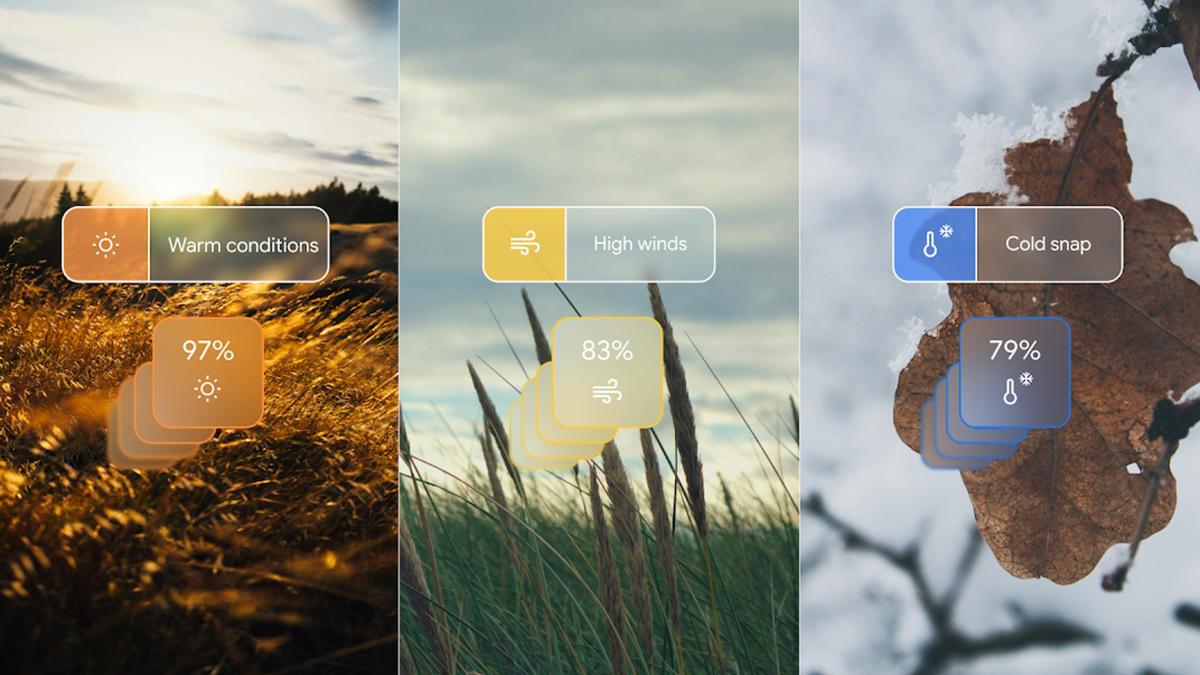

I think there’s a lot more to it than cost. Men, even with considerable health care resources, are often very averse to mental health care.
Thinking of my father in law, for example, I don’t know how much you would have to pay him to get him into a therapist’s office, but I’m certain he wouldn’t go for free.






Why does it matter how the game turns out if the stance is “we don’t want to fund shady developers fucking over content creators”?